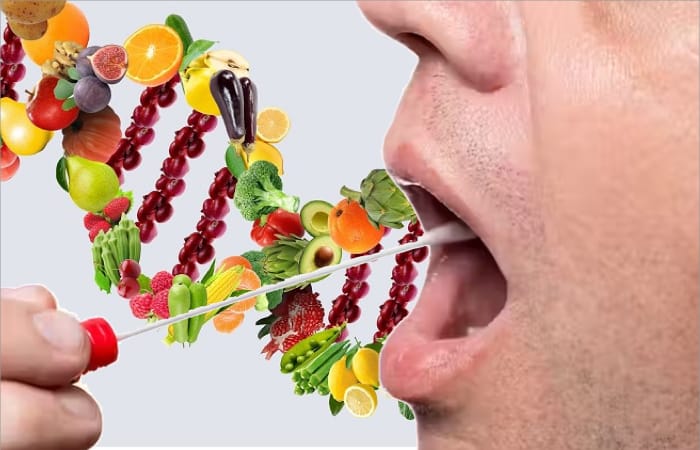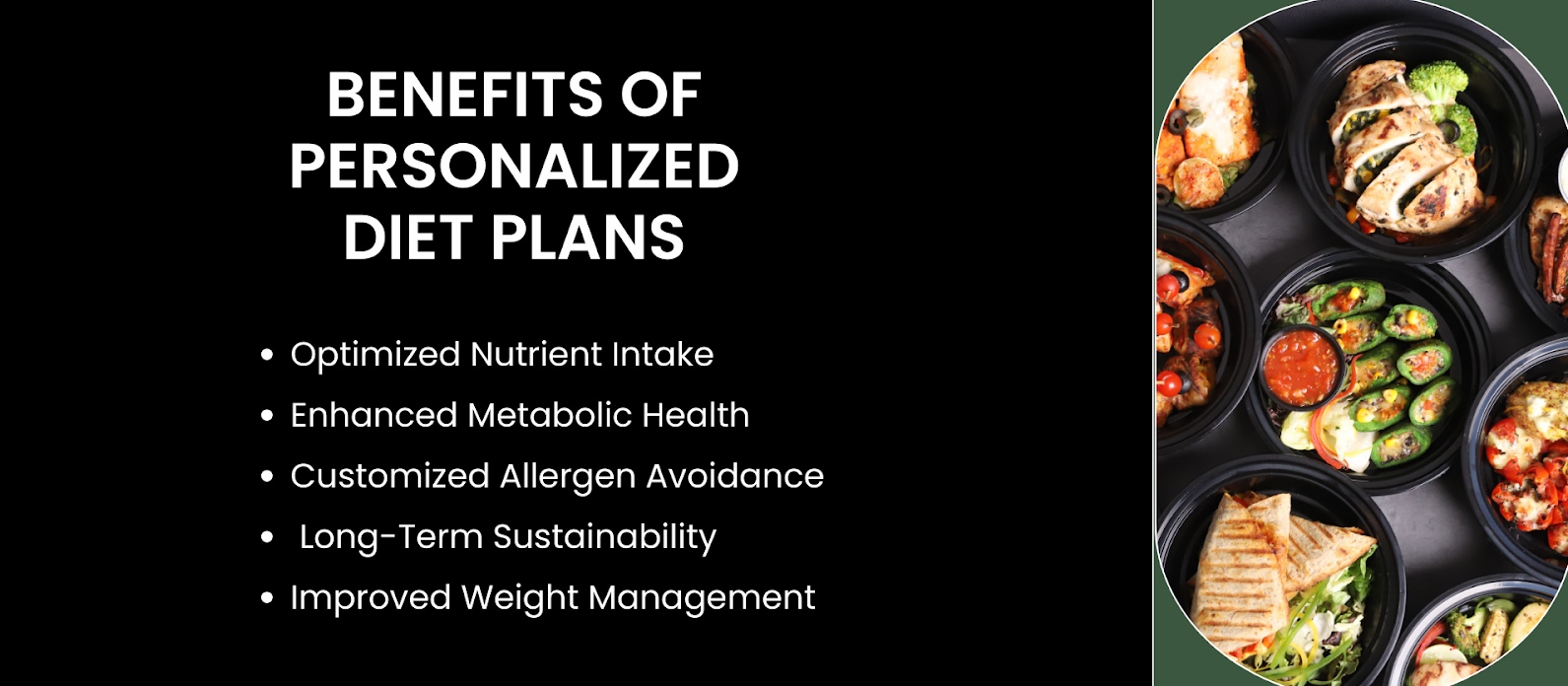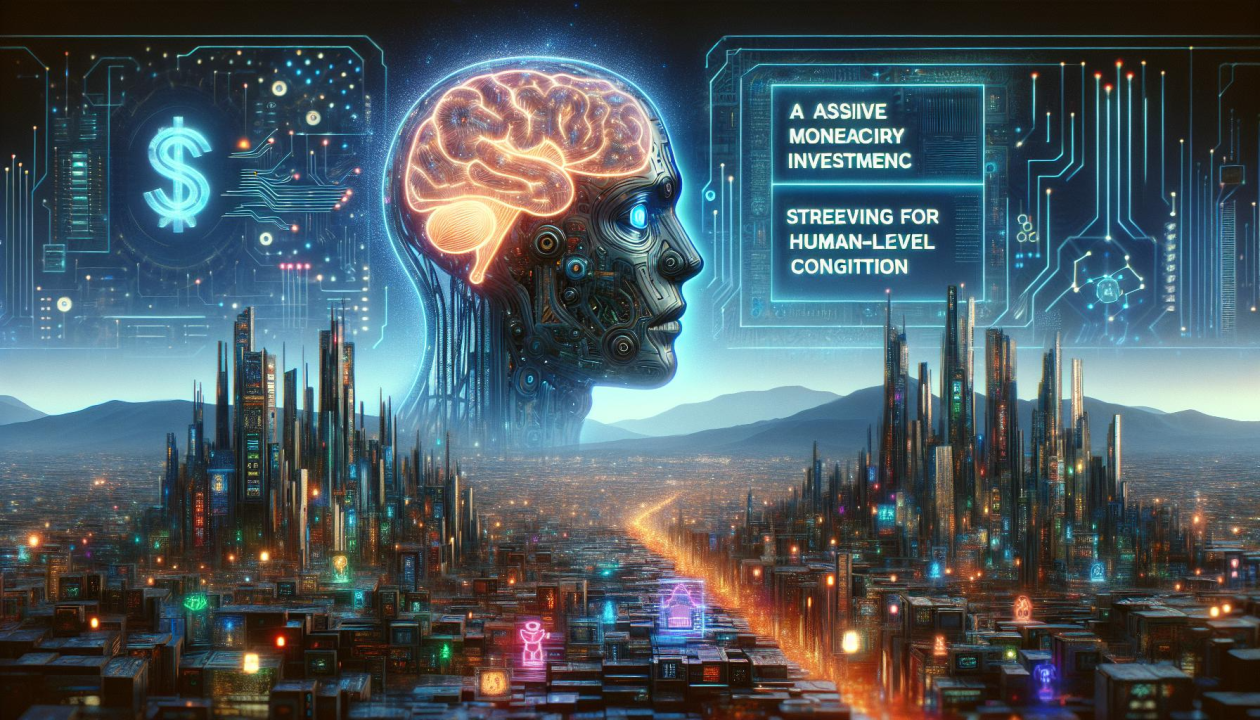
Personalized Nutrition: How DNA Testing is Changing Our Diets
Discover how DNA testing is revolutionizing personalized nutrition and dietary plans.Have you ever wondered why your best friend thrives on a low-carb diet while you feel sluggish and irritable? Or why your coworker can't seem to lose weight no matter which trendy diet they try? The answer might be hiding in your genes. Welcome to the fascinating world of personalized nutrition, where your DNA holds the key to unlocking your body's unique dietary needs.
As a nutritionist who's been in the field for over a decade, I've seen countless fad diets come and go. But the emergence of DNA-based nutrition plans feels different – it's not just another passing trend, but a fundamental shift in how we approach eating and health.
The Science Behind Your Plate
At its core, personalized nutrition through DNA testing is about understanding how your genetic variations affect the way your body processes different nutrients. It's like having a detailed owner's manual for your body's metabolic engine.
For instance, some people have a genetic variation that makes them more sensitive to caffeine. I once had a client who couldn't figure out why she was always jittery and anxious, even though she only had one cup of coffee a day. A DNA test revealed she had this variation, and switching to decaf dramatically improved her quality of life.
Another common example is lactose intolerance. While some people can happily devour a cheese platter without consequences, others might experience digestive distress from even a splash of milk in their coffee. This difference often comes down to genetics.

From Spit to Supper: How DNA Testing Works
Getting a DNA test for nutritional insights is surprisingly simple. Typically, you order a kit online, provide a saliva sample, and send it back to the lab. In a few weeks, you receive a report detailing various genetic markers related to nutrition.
These reports often include information about:
- How your body responds to different macronutrients (carbs, fats, proteins)
- Your genetic predisposition to certain vitamin deficiencies
- Your likelihood of being lactose or gluten intolerant
- How efficiently you metabolize caffeine and alcohol
- Your genetic tendency towards certain taste preferences (like bitter tastes)
Tailoring Your Plate to Your Genes
The real magic happens when you translate this genetic information into practical dietary advice. Imagine having a diet plan that's as unique as your fingerprint – that's the promise of personalized nutrition.
For example, if your genetic profile suggests you're prone to vitamin D deficiency (as mine does), your nutrition plan might emphasize vitamin D-rich foods or suggest more sun exposure. If you're genetically predisposed to high cholesterol, your plan might focus on heart-healthy fats and fiber.
I've seen remarkable transformations in my practice. One client, let's call her Sarah, had been struggling with her weight for years. Her DNA test revealed she had a genetic variation associated with difficulty processing saturated fats. We adjusted her diet accordingly, focusing on lean proteins and healthy fats. Within months, she not only lost weight but also saw improvements in her cholesterol levels.

Beyond the Plate: A Holistic Approach
It's important to note that DNA-based nutrition isn't just about what you eat – it can inform your entire lifestyle. Your genetic profile might suggest you're better suited to high-intensity workouts or that you need more recovery time between exercises. It might even hint at the best time for you to eat your largest meal of the day based on your circadian rhythm genes.
The Future is Personal
As exciting as this field is, it's still in its infancy. We're just beginning to scratch the surface of understanding how our genes interact with our diet and environment. The concept of epigenetics – how our lifestyle choices can influence gene expression – adds another layer of complexity and possibility to personalized nutrition.
In the future, I envision a world where our DNA-based nutrition plans integrate seamlessly with other health technologies. Imagine your smartwatch detecting a dip in your iron levels and automatically updating your meal plan to include more iron-rich foods. Or an AI nutritionist that considers your genetic profile, current health status, and even your mood when suggesting recipes.
Getting Started with Your Genetic Menu
If you're intrigued by the potential of DNA-based nutrition, there are several reputable companies offering these services. However, it's crucial to approach this with a critical mind. While genetic testing can provide valuable insights, it's not a magic bullet. It's one piece of the puzzle in your overall health picture.
Always consult with a healthcare professional or registered dietitian who can help interpret your results and create a comprehensive nutrition plan. Remember, your genes are not your destiny – they're more like a roadmap, offering guidance on your journey to optimal health.
As we stand on the brink of this nutritional revolution, I can't help but feel excited about the possibilities. Personalized nutrition through DNA testing has the potential to transform not just individual health, but our entire approach to nutrition and wellness. It's like we're finally learning to speak our body's language, and the conversation is just beginning.
So, the next time you're pondering what to have for dinner, remember – the perfect meal for you might be written in your genes. Bon appétit!
References
- https://www.editverse.com/personalized-nutrition-how-dna-testing-is-revolutionizing-dietary-advice/
- https://www.scientificamerican.com/article/personalized-nutrition-the-latest-on-dna-based-diets/
- https://www.rupahealth.com/post/personalized-nutrition-tailoring-diet-plans-to-genetic-profiles
- https://futuramo.com/blog/the-future-of-nutrition-how-personalized-diets-are-changing-the-way-we-eat/
- https://www.ncbi.nlm.nih.gov/pmc/articles/PMC4414021/
- https://www.ncbi.nlm.nih.gov/pmc/articles/PMC6081996/
Wearable Tech for Mental Health: Beyond Step Counting

 Ultimate Guide.webp)



Comments
This is a great step forward in healthcare. If we can tailor our diets to our genetic makeup, it could potentially prevent a lot of diet-related issues. Exciting times ahead!
Personalized nutrition seems like the future of dieting. Knowing what foods your body responds best to can make a huge difference in maintaining a healthy lifestyle.
I’ve always wondered if these DNA-based diets actually work. Has anyone here tried it and seen significant results? Would love to hear some experiences.
I did a DNA test last year, and the insights I got were amazing. It’s not just about weight loss; it’s about overall health. Highly recommend it to anyone interested in optimizing their diet.
The idea of personalized nutrition based on DNA testing is fascinating. It’s like having a diet that’s truly tailored to your body’s needs. I’m definitely curious to try it out.
Leave a Comment